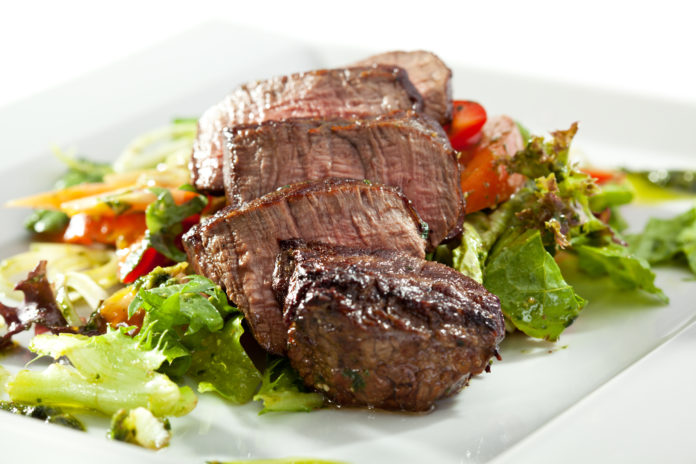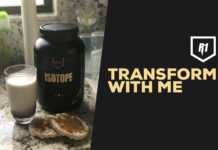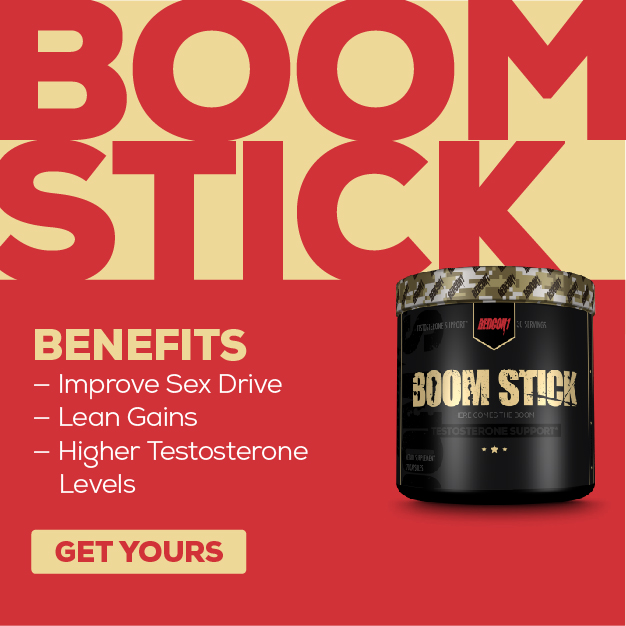
I was asked by a client recently about protein requirements and felt it was a great topic to touch on! He stated in an email the following “Question for you: something I’ve always wondered. Why has my protein been so high when all the scientists in the industry say there is no benefit to any more than 0.8g/lb of body weight for muscle gain? Obviously what we’re doing is working I’m not questioning it at all, just wondering the reasoning behind it?” I jumped at the chance to answer this question because we hear this ALL THE TIME. The low protein requirements given out by the RDA to the general population, the low protein argument over the fact that we can only synthesize so much protein into actual lean skeletal muscle tissue, and the list goes on and on. But, if you truly look at the research as well as the anecdotal evidence from real world application, you’ll come to find that a higher protein intake will most likely be more optimal and will yield maximal results. I must thank Dante Trudel, Dr. Scott Stevenson, Dr. Antonio, and most recently Milos Sarcev as their teachings have truly molded my mindset on this topic. Before we begin however, we must put to rest the idea of high protein diets being harmful.
Let us first look at a study conducted by Jose Antonio et al entitled “A High Protein Diet Has No Harmful Effects: A One-Year Crossover Study in Resistance-Trained Males.” The purpose of this investigation was to determine the effects of a high protein diet over a one-year period. Fourteen healthy resistance-trained men completed the study (mean ± SD; age yr; height cm; and average years of training yr). In a randomized crossover design, subjects consumed their habitual or normal diet for 2 months and 4 months and alternated that with a higher protein diet (>3 g/kg/d) for 2 months and 4 months. Thus, on average, each subject was on their normal diet for 6 months and a higher protein diet for 6 months. Body composition was assessed via the Bod Pod®. Each subject provided approximately 100–168 daily dietary self-reports. During the subjects’ normal eating phase, they consumed (mean ± SD) kcals/kg/day and g/kg/day of protein. This significantly increased () during the high protein phase to kcals/kg/day and g/kg/day of protein. Our investigation discovered that, in resistance-trained men that consumed a high protein diet (~2.51–3.32 g/kg/d) for one year, there were no harmful effects on measures of blood lipids as well as liver and kidney function. In addition, despite the total increase in energy intake during the high protein phase, subjects did not experience an increase in fat mass (1.) This is only one of many studies putting that old myth to rest. In general, it is smart to ensure an individual has no history of kidney issues. If those are clear then a high protein diet will most likely only benefit you. Now onto answering our main question of “how much protein do we really need”, keeping in mind we are answering this from a bodybuilder’s/physique athlete’s perspective that is training consistency hard day in and day out, taking their musculature to failure, and truly pushing their limits (along with proper dietary and supplemental adherence.)
References
- A High Protein Diet Has No Harmful Effects: A One-Year Crossover Study in Resistance-Trained Males. Jose Antonio, Anya Ellerbroek, Tobin Silver, Leonel Vargas, Armando Tamayo, Richard Buehn, and Corey A. Peacock. Exercise and Sport Science Laboratory, Nova Southeastern University, Davie, FL, USA. 2016. (https://www.hindawi.com/journals/jnme/2016/9104792/)
- The effects of a high protein diet on indices of health and body composition – a crossover trial in resistance-trained men. Jose Antonio, Anya Ellerbroek, Tobin Silver, Leonel Vargas and Corey Peacock. Journal of the International Society of Sports Nutrition. 2016 (https://jissn.biomedcentral.com/articles/10.1186/s12970-016-0114-2)
- A high protein diet (3.4 g/kg/d) combined with a heavy resistance training program improves body composition in healthy trained men and women – a follow-up investigation. Jose Antonio, Anya Ellerbroek, Tobin Silver, Steve Orris, Max Scheiner, Adriana Gonzalez and Corey A Peacock. Journal of the International Society of Sports Nutrition. 2015 (https://jissn.biomedcentral.com/articles/10.1186/s12970-015-0100-0)
- International Society of Sports Nutrition position stand: protein and exercise. Bill Campbell, Richard B Kreider, Tim Ziegenfuss, Paul La Bounty, Mike Roberts, Darren Burke, Jamie Landis, Hector Lopez and Jose Antonio. Journal of the International Society of Sports Nutrition. 2007 (https://jissn.biomedcentral.com/articles/10.1186/1550-2783-4-8)
- Protein requirements and muscle mass/strength changes during intensive training in novice bodybuilders. P. W. Lemon, M. A. Tarnopolsky, J. D. MacDougall, S. A. Atkinson. J Appl Physiol (1985) (https://www.ncbi.nlm.nih.gov/pubmed/1400008)
- Protein requirements and muscle mass/strength changes during intensive training in novice bodybuilders. P. W. Lemon, M. A. Tarnopolsky, J. D. MacDougall, S. A. Atkinson. J Appl Physiol (1985) (https://www.ncbi.nlm.nih.gov/pubmed/1400008)
- Exercise-induced changes in protein metabolism. K. D. Tipton, R. R. Wolfe. Acta Physiol Scand. 1998 (https://www.ncbi.nlm.nih.gov/pubmed/9578384)
- Muscle protein synthesis in response to nutrition and exercise. P. J. Atherton, K. Smith. The Journal of Physiology. 2012 (http://onlinelibrary.wiley.com/doi/10.1113/jphysiol.2011.225003/abstract)
- Beyond the zone: protein needs of active individuals. P. W. Lemon. J Am Coll Nutr. 2000 (https://www.ncbi.nlm.nih.gov/pubmed/11023001)
- Meta-analysis of nitrogen balance studies for estimating protein requirements in healthy adults. William M. Rand, Peter L. Pellett, Vernon R. Young. Am J Clin Nutr. 2003 (https://www.ncbi.nlm.nih.gov/pubmed/12499330)


















